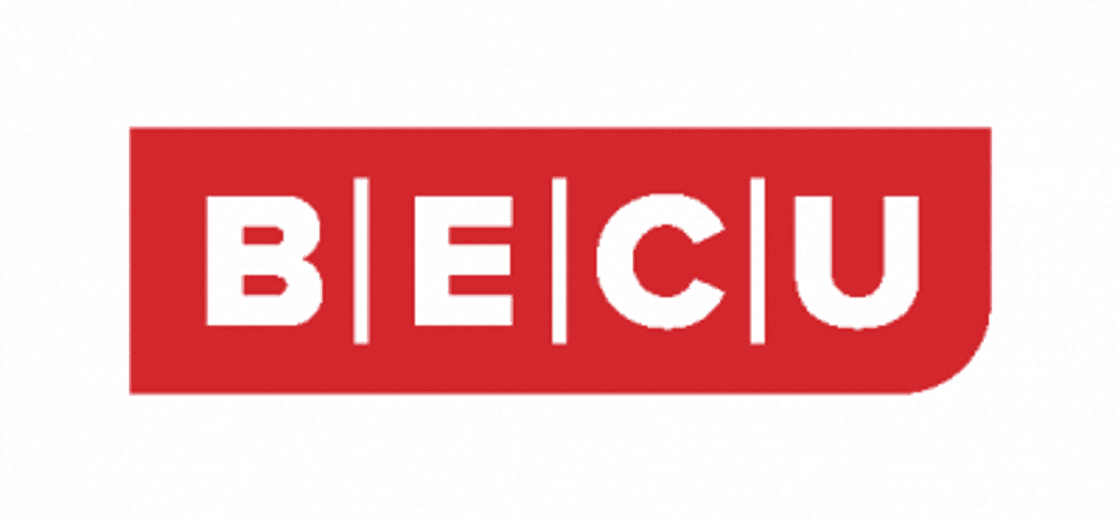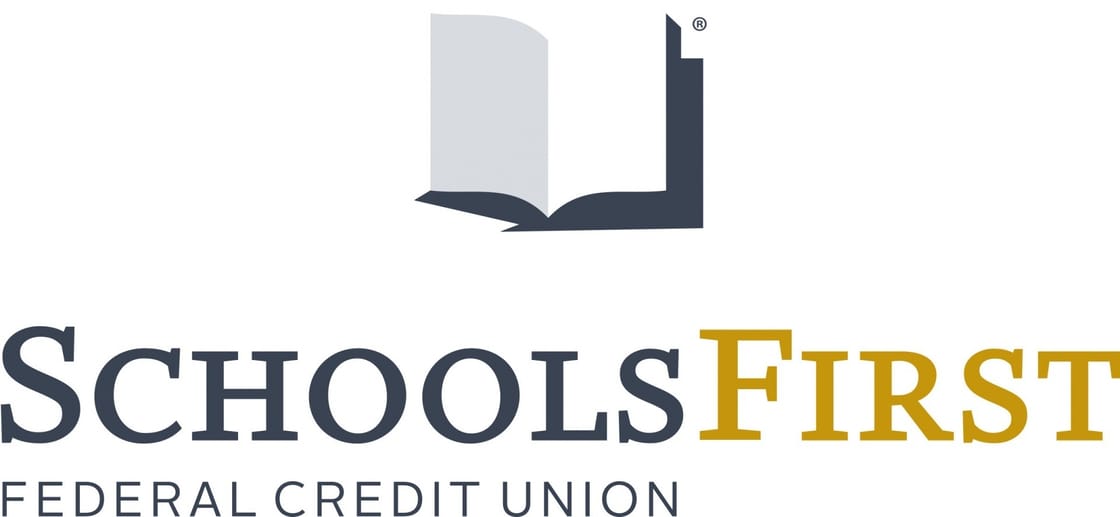Executive Summary

On June 18, 2019, Facebook announced Libra, which it described as an international cryptocurrency targeted at the 1.6 billion people who are unbanked in the world. As it has connected 2.38 billion people on the planet today with status updates, selfies, and live videos, Facebook wants to do the same with electronic payments, which a McKinsey study estimated to be a $1.9 trillion market in 2018.
Should credit unions be concerned? Will large tech companies start from payments and then move into core banking, lending, and other financial services as well? What impact will this move by one of the “Big Four” tech companies have on credit unions, small and large alike, in the United States and abroad?
What is the research about?
This research brief explores the implications and potential impact Libra and other yet-to-be-created digital or crypto financial services and products may have on credit unions in the medium- and long-term. The brief ends with recommendations on how credit unions can manage the impact of Libra and other disruptive monetary interventions from the tech industry.
Libra would allow Facebook users (and any user or organization in the world) to make an electronic payment to each other with the funds they have in their Libra account. This sounds a lot like PayPal or Western Union. But Libra’s underlying technology will be a ledger-based system similar, with some stark differences, to the “blockchains” employed by Bitcoin and other cryptocurrencies. Facebook imagines a world where regardless of your socioeconomic status or geographic location, anyone with a mobile phone will be able to find, pay, and receive money through Facebook and associated applications such as WhatsApp (which Facebook owns).
This grand vision sounds like Facebook is offering a banking service or even an international reserve currency; for now, however, Libra is focused on payments.
What are the credit union implications?
According to Facebook, Libra is intended for the 1.6 billion people in the world who are unbanked, which is nearly half of all adults worldwide, especially women in developing countries.
The future of global digital currency may not depend solely on trust as we have seen, but instead on a solid platform that has billions of users and customers that rely on it and the network effects to lock in those users. Once you are on a platform, it is difficult to get off the platform, because of the inconvenience of switching from one platform to another. Facebook, Google, Amazon, and Apple are platform companies, and for most users, it would be difficult to avoid using any one of their services on a daily basis. Indeed, a recent report from the Bank of International Settlements (BIS) shows that the “DNA” of the “big tech” companies—and their competitive advantage should they enter full-force into financial services—are “data analytics, network externalities, and interwoven activities,” as more users means a more beneficial platform for users, more and better data for the company, and a broader range of services offered on the platform.
Ultimately, then, it may not matter if Libra succeeds or fails. There will be others that will take its place, and that should be concerning for financial institutions around the world.
In order for companies to grow, they must innovate by expanding organically, finding new markets, or creating new products and services that disrupt their existing offerings. The disrupter for credit unions and other financial institutions may indeed be the entry of big tech into financial services, heralded by Facebook’s offering of a global digital currency. Yes, Facebook will likely encounter head-winds. They may also initially fail as they enter highly regulated and crowded markets. But these obstacles did not stop Uber and Lyft (vs. taxis) and it did not stop Airbnb (vs. hotels).
In the end, it’s not really about Libra or Facebook; it’s about what will follow. Credit unions and financial institutions need to be ready and the only way to be ready is to be prepared.
Sponsors





